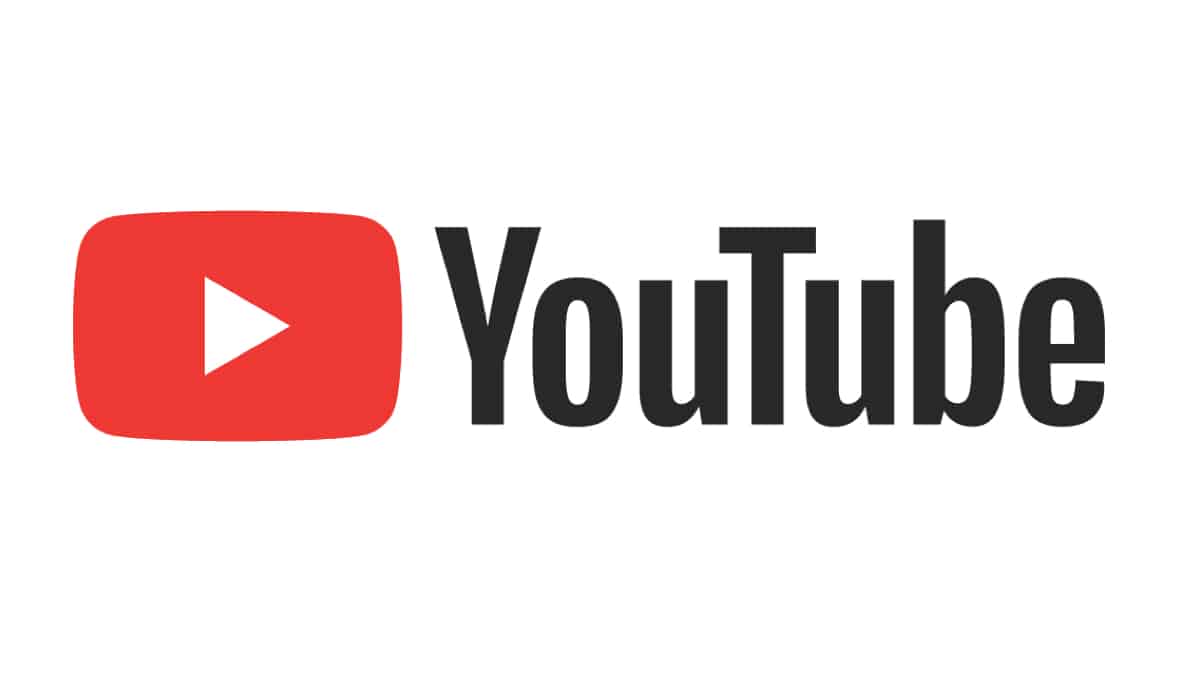Can YouTube be hacked?

Table of Contents
Have you ever wondered, can YouTube be hacked? Unfortunately, hackers can target any platform, including YouTube. However, there are ways to protect your account and reduce the risk of hacking.
What is hacking?
Hacking is the unauthorized access of someone else’s account, system, or data. Hackers can access someone’s account using various techniques, including phishing, brute force attacks, or malware.
Prime Day is finally here! Find all the biggest tech and PC deals below.
- Sapphire 11348-03-20G Pulse AMD Radeon™ RX 9070 XT Was $779 Now $739
- AMD Ryzen 7 7800X3D 8-Core, 16-Thread Desktop Processor Was $449 Now $341
- ASUS RTX™ 5060 OC Edition Graphics Card Was $379 Now $339
- LG 77-Inch Class OLED evo AI 4K C5 Series Smart TV Was $3,696 Now $2,796
- Intel® Core™ i7-14700K New Gaming Desktop Was $320.99 Now $274
- Lexar 2TB NM1090 w/HeatSink SSD PCIe Gen5x4 NVMe M.2 Was $281.97 Now $214.98
- Apple Watch Series 10 GPS + Cellular 42mm case Smartwatch Was $499.99 Now $379.99
- ASUS ROG Strix G16 (2025) 16" FHD, RTX 5060 gaming laptop Was $1,499.99 Now $1,274.99
- Apple iPad mini (A17 Pro): Apple Intelligence Was $499.99 Now $379.99
*Prices and savings subject to change. Click through to get the current prices.
Phishing
Phishing is a common hacking technique where hackers send you fake emails or messages that appear to be from a legitimate source. These emails aim to trick you into providing sensitive information, such as your password or credit card details. To avoid falling prey to phishing attacks, you should always verify the sender’s email address and avoid clicking on suspicious links.
Brute Force Attacks
Brute force attacks are another way hackers can access your YouTube account. In a brute force attack, hackers use automated software to guess your password by trying different combinations of letters, numbers, and symbols. You should use a strong password with uppercase and lowercase letters, numbers, and symbols to prevent brute-force attacks.
Malware
Malware is software to harm your computer or steals your information. It can enter your computer through infected emails, downloads, or websites. To avoid malware attacks, keep your computer’s antivirus software up-to-date and avoid downloading software or files from untrusted sources.
How can you protect your YouTube account?
Now that you know the different techniques hackers can use to access your YouTube account, it’s essential to take steps to protect your account. Here are some tips to help you keep your account safe:
Using a Strong Password
As mentioned earlier, a strong password is crucial to protect your YouTube account from brute-force attacks. Your password should be at least eight characters long and include a mix of uppercase and lowercase letters, numbers, and symbols. You should avoid using the same password for multiple accounts.
Enabling 2FA
2FA or two-factor authentication adds an extra layer of security to your account. With two-factor authentication, you must enter a code sent to your phone or email and your password to access your account. To enable two-factor authentication on YouTube, go to your account settings and click on the “Security” tab.
No Suspicious Emails & Messages
As mentioned earlier, phishing attacks can be a significant risk to your account. Be cautious of suspicious emails or messages asking for personal information to avoid phishing attacks. Verify the sender’s email address and avoid clicking on any links in the email or message.
Keeping Antivirus Up-to-Date
As mentioned earlier, malware can enter your computer through infected emails, downloads, or websites. To avoid malware attacks, have up-to-date antivirus software installed on your computer.
Keeping an Eye on Your Account Activity
Regularly checking your account activity can help you spot any unauthorized access to your account. You can check your account activity by going to your settings and clicking the “Recent activity” tab. If you notice any suspicious activity, change your password immediately and enable two-factor authentication.
Conclusion
YouTube can be hacked, but you can take steps to protect your account. Use a strong password and also enable 2FA. Stay cautious of any suspicious messages or emails.
Keep your device’s antivirus software up-to-date, and don't forget to check your account activity. Following these steps can reduce the risk of your account being hacked.
- NOW READ How To Cancel YouTube TV

